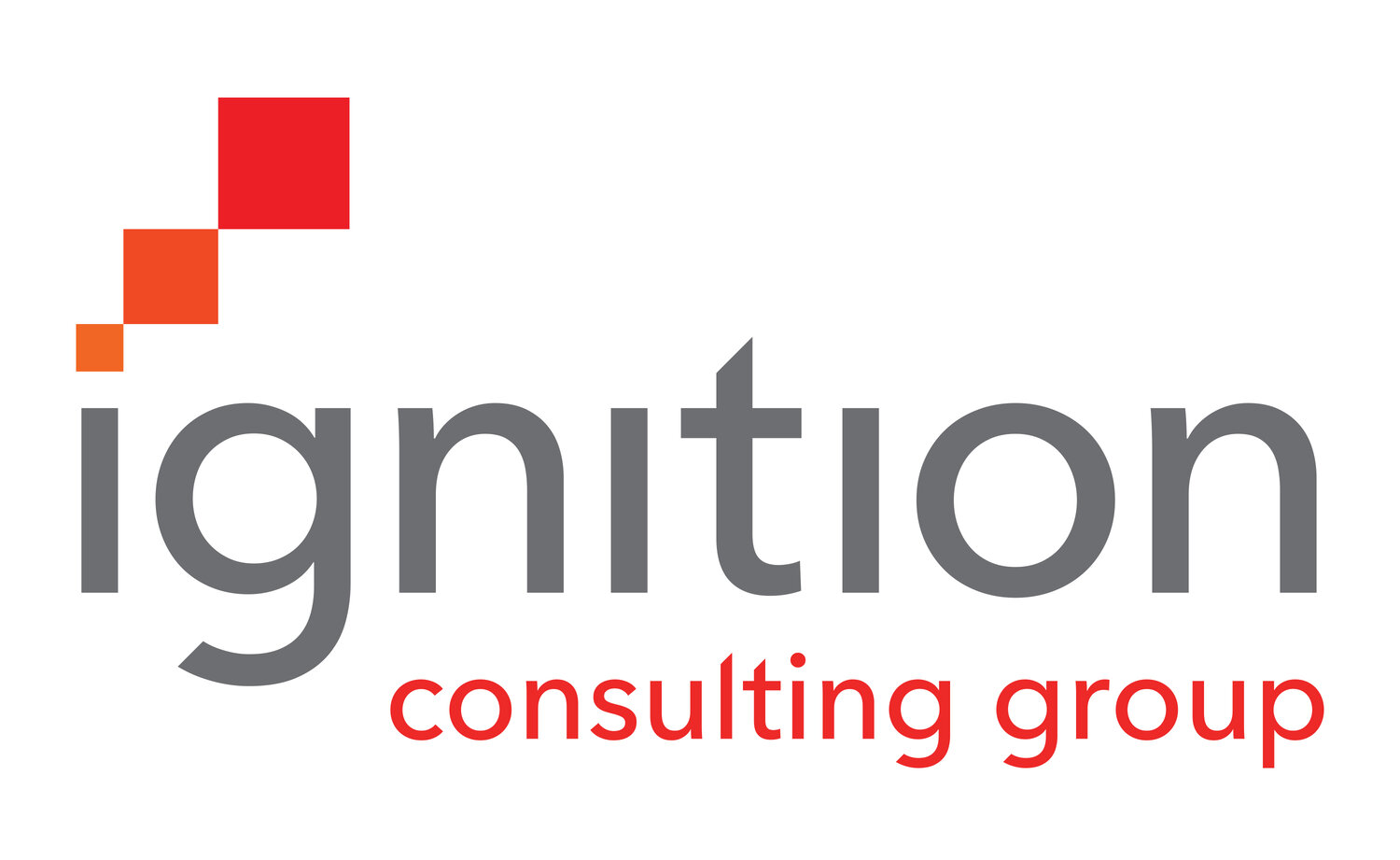Professional Buyers vs. Amateur Sellers: An Unfair Fight
By Tim Williams
Have you ever read a book about pricing? For most professionals, the answer is decidedly no. The people who buy your services, however, have completed entire courses of study around pricing, purchasing, and strategic sourcing.
The procurement professionals you deal with have college degrees in purchasing and have read shelves of books about professional buying. They participate in pricing workshops, listen to supply chain webinars, belong to procurement associations like the American Purchasing Societyand Institute for Supply Management and attend events like SCOPE Procurement Summit and ProcureCon.
Many procurement specialists are certified in their profession and complete annual requirements for continuing professional education. Their business cards include initials like CPP (Certified Purchasing Professional), CPPM(Certified Professional Purchasing Manager), or CPPC (Certified Professional Purchasing Consultant).
Well-trained and well-armed
The essential point is, when procurement managers walk into a pricing negotiation, they’re very well-armed. On our side of the table is an executive trained in client service, often accompanied by someone from finance. But a background in marketing and accounting is hardly the same thing as deep expertise price negotiation strategies. As my friends Gerry Preece and Russel Wohlwerth observe in Buying Less for Less:
”Procurement professionals have an entire set of specialized skills. They know how to prepare for a negotiation and how to open the negotiation … They know how to make a concession and how to demand one from the other side. They know when to walk away and how to do it. They know how to answer objections and how to argue for the outcomes they want. They know how to close the negotiation, how to lock it down, and how to hold the other guy accountable.”
Pitting these professional buyers against amateur sellers creates a serious mismatch. Agency executives aren’t amateurs in their craft (the best are creative geniuses), but they are unskilled in the art of crafting progressive pricing strategies and presenting them effectively to professional buyers. Mostly they walk into remuneration discussions armed with a spreadsheet that identifies and classifies their costs. That can hardly be called professional pricing.
An unfair fight
Which brings us back to the problem that no one in your firm has ever read a book on pricing. Nor have they listened to a podcast on purchasing strategies, participated in a webinar on modern pricing methods, or followed a pricing expert on LinkedIn or Twitter. This despite the fact that effective pricing has a bigger impact on the financial success of your firm than any amount of cost-cutting or operational improvements. Books like The 1% Windfall demonstrate conclusively that better pricing is the most powerful way to fix the below-average margins in your firm.
To make this unfair fight even worse, agency professionals put themselves in the submissive position of defending their costs instead of selling their value. Instead of playing to win, they are playing not to lose.
Making pricing (not costing) a core competency
Compared to the client companies they represent, agencies are now part of a low-margin industry that is becoming more dependent on volume than on expertise. But it doesn’t have to be that way. The firms that understand they are in the business of selling solutions to business problems, not filling production orders, have devoted the brainpower and firepower to making pricing (not costing) a core competency. They have invested in professional development to make their people better pricing strategists and negotiators. And they have institutionalized pricing as a discipline that is separate from the finance function.
In the most progressive firms, the finance group is responsible for estimating and tracking your costs, but a separate group is responsible for pricing. They have a CFO (Chief Financial Officer) but also a CPO (Chief Pricing Officer).
Even if you don’t formalize the pricing function to this extent, every firm can implement the concept of a “Value Council,” a small interdisciplinary group of senior executives responsible for transforming pricing and remuneration strategies. Some of the primary responsibilities of the Value Council include:
Meeting the tactics of predictable professional buyers with the considered practices of professional sellers. Employing the principles of pricing psychology when dealing with client buyers, including always offering options. Keeping client buyers focused on value instead of cost, thereby negotiating something both parties want to maximize
Moving all stakeholders -- internal and external -- away from inputs (hours, FTEs) toward outputs (deliverables, work product) and outcomes (client results). Helping all parties understand that the inventory of a professional firm is not time but rather intellectual capital.
Overseeing all pricing and compensation agreements for major client assignments. Presenting pricing proposals to both current and prospective clients. Proactively proposing contract terms that protect the pricing integrity and IP rights of the firm
Preparing responses to questions about pricing in RFPs and developing pricing proposals for new business opportunities. Wherever possible, disrupting the buying process by challenging the client's focus on cost and showing why it's in their best interest to buy outputs and outcomes instead of inputs.
It’s time to level the playing field when it comes to dealing with professional buyers. Just step up to the plate, and you’ll get better and better with practice.


